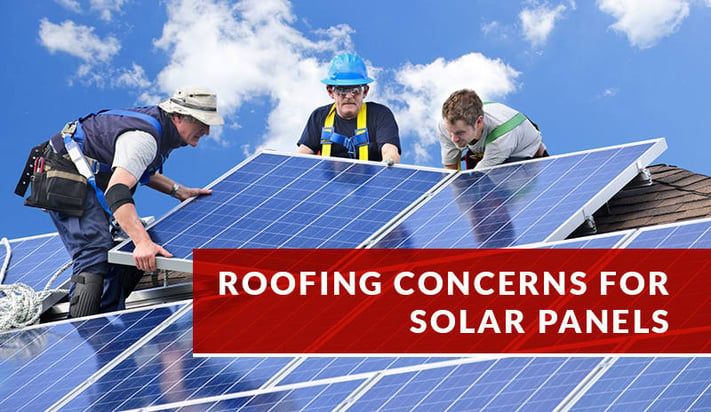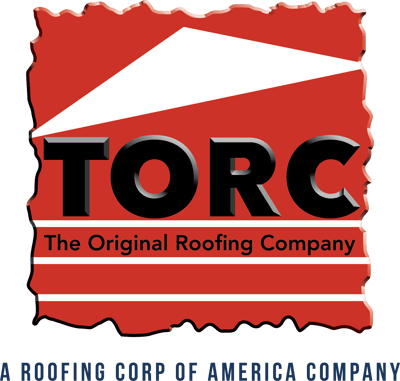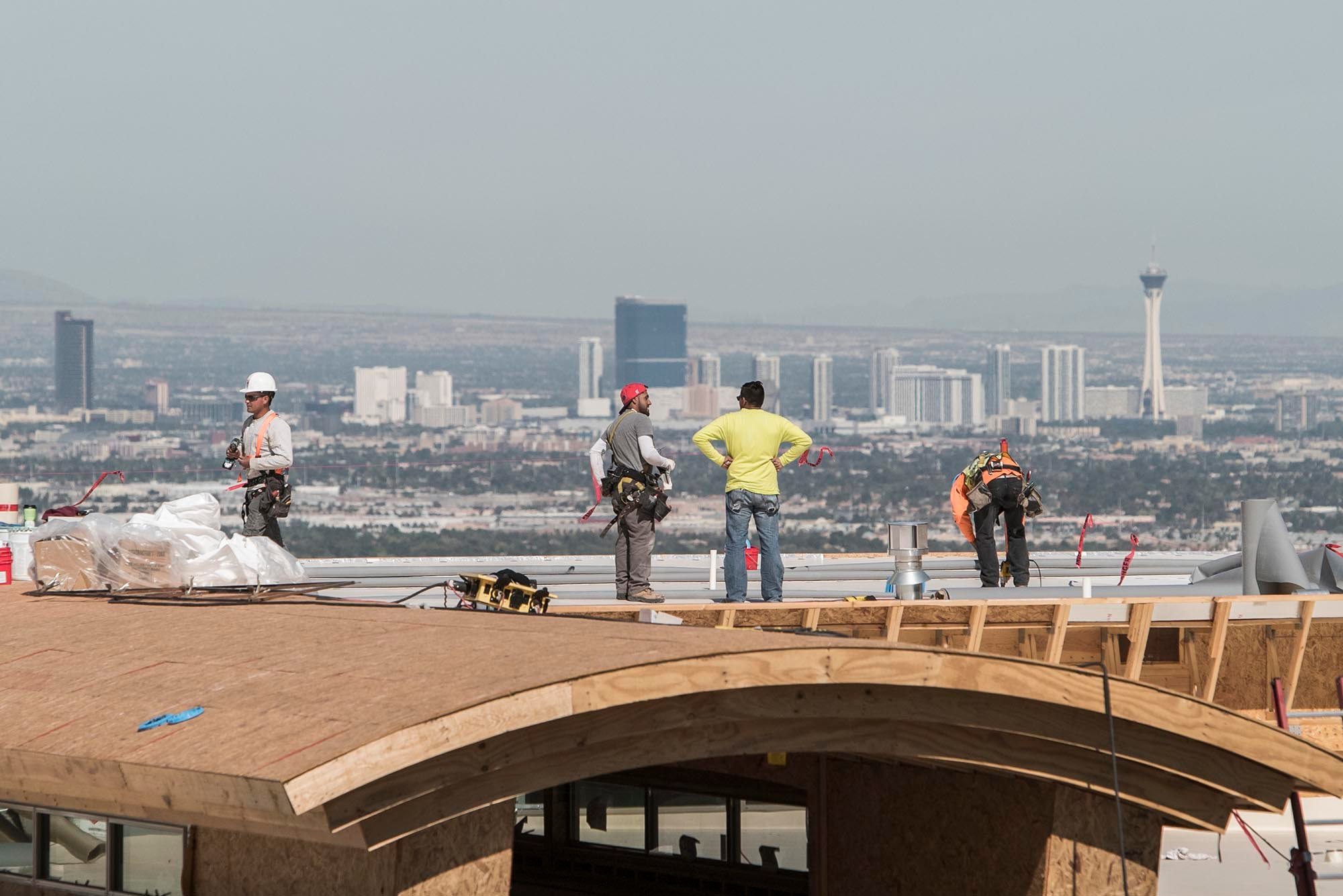
The Las Vegas Valley enjoys nearly endless sunshine year-round, making it the perfect place to for homeowners to go solar. The good news is it’s never been more cost-effective to do so. Solar panels are now cheaper and more efficient than even five years ago, and state and federal subsidies reimburse homeowners for part of the installation cost.
Need More Information?
Call Us! (702) 739-7663
If you’re tired of paying high energy bills every month, consider cutting down on your expenses by installing an array of solar panels on your roof. Once you learn about the costs and benefits, you could take the right steps before installation to make the most out of your investment.
Questions to Ask Before Adding Solar Panels
Solar is relatively new, and there's been bumps with its implementation especially out here in Las Vegas. So what do homeowners need to know before investing in solar panels?
Panels and Inverters
Solar installations consist of panels and an inverter, which converts the electricity generated by the panels from DC to AC power. Ask about the panels’ specifications, such as their solar cell efficiency, power tolerance, and their temperature coefficient. Your roof will determine which inverter to use. String inverters are best suited to flat roofs without shade. Micro-inverters are best for shady roofs, while power optimizers compromise between the two.
Financing
You’ll have the option to buy or lease your solar installation. Buyers can take advantage of low-interest loans, rebates and the investment tax credit. If you opt for a solar lease or a power purchasing agreement, review your contract carefully and find out if it will create difficulties should you decide to move. You should also review your compensation, especially the utility inflation rate and any minimum performance guarantees.
Finding the Right Installer
Ask potential installers how long they have been in business and whether they are licensed in your state. Request pictures of previous examples of their work and ask to talk to former clients. They should have some references available for you to contact. Also ask if they subcontract any of their work. Finally, talk with multiple installers to get more quotes for your installation.
HOA Guidelines
Some HOAs regulate the installation of solar panels due to aesthetic concerns or to protect property values. However, state-level solar access laws may override HOA regulations, allowing you to freely install. Consult with your HOA and state laws before installing to avoid any unforeseen fines or fees.
Solar Warranties
Many solar installations will come with two warranties. One will cover the installer’s work, while another will cover the actual hardware. Before signing any contract, find out what each cover and under what circumstances they might become void.
Roofing Concerns for Solar Panels
The idea behind solar installations is one thing, but the logistics is something completely different. What many homeowners forget to consider is their home's roof and the role it plays for solar installs.Roof Pitch for Solar Panels
Flat or gently sloping roofs are best for solar panels because they allow for easier installation and offer stronger sunlight. The ideal angle depends on your home’s latitude, but in most cases it is between 25 to 45 degrees.Where the Roof Faces
South- or west-facing roofs are best for solar arrays due to their orientation toward stronger sunlight.Weight
Some roofs can’t support the weight of a solar array or the workers who will install it, making it easy for competent installers to damage it. Make sure yours is suitable for solar before installing.
Age of Roof
Most solar installations are designed to last for twenty years or more while some roofs may have a lifespan of only a decade. Check the health of your roof and make any necessary repairs before installing a solar array.
Related: How Long Does a New Roof Last?
Damage During Installation
A careless installer can easily damage your roof, which can erase away at any savings your solar array gives you. However, even a successful installation can cause problems because most installations require fasteners which punch holes through your roof and its membrane.Water Damage
Your roof may become more susceptible to leaks. Your solar array may cause water to collect in puddles, miss drains or flow to different areas. This can cause damage such as mold growth and may require expensive repairs.
Related: 7 Warning Signs You Need a New Roof ASAP
The Cost vs Return on Investment
Prices of solar installations have fallen in recent years. The average price for a typical 4 to 8 kW system can range anywhere from $15,000 to nearly $30,000. The return on your investment will vary depending on:
- Your energy use
- The local climate
- What rebates or tax breaks are available to you
However, it takes about 7.5 years on average for your investment to pay off, but it can be as low as 4 according to the National Renewable Energy Laboratory. With a twenty year lifespan, you could make a healthy profit off your investment.
Related: Do Rising Costs in Roofing Repair Warrant a Maintenance Plan?
A solar installation can be a great investment that could increase the value of your home while reducing your monthly expenses. However, make sure your roof is suitable for solar panels before deciding to install, or you could face damages which far outweigh any potential benefits from your investment.




